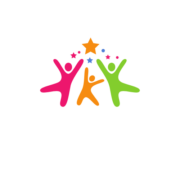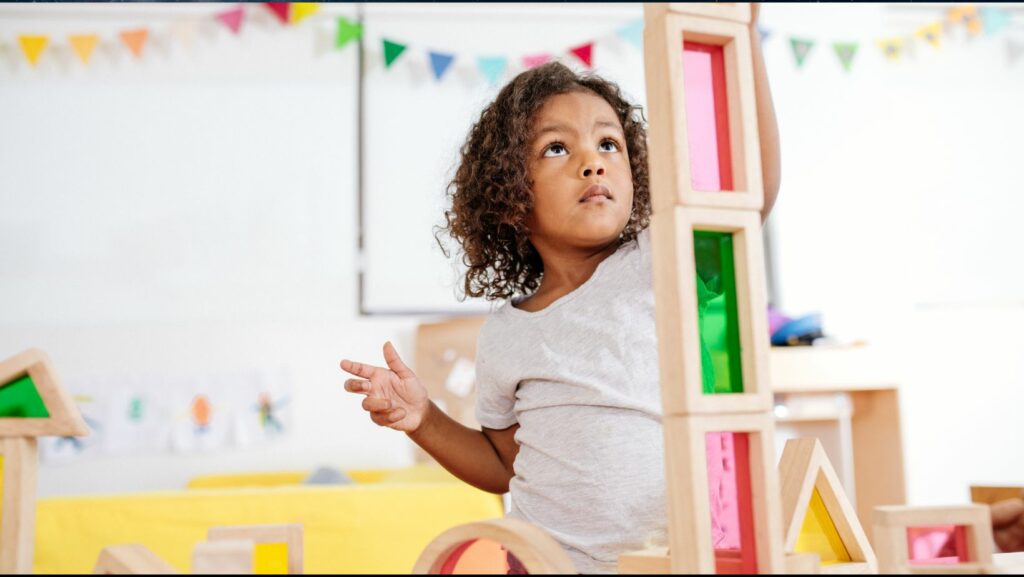At four years old, children are bursting with curiosity and energy, making this a prime time for engaging learning activities. Parents and educators can harness this enthusiasm to foster essential skills through fun and interactive experiences. From hands-on crafts to imaginative play, the right activities can spark creativity while promoting cognitive development.
Incorporating varied learning activities not only keeps little ones entertained but also supports their growth in areas like language, math, and social skills. Whether it’s exploring nature or diving into a storybook, each experience contributes to building a strong foundation for lifelong learning. Discovering the best activities for four-year-olds can transform everyday moments into valuable opportunities for growth and discovery.
Learning Activities For 4 Year Olds
Engaging four-year-olds in learning activities fosters curiosity and skill development across various domains. Below are specific activities to enhance cognitive development and social skills.
Cognitive Development
-
 Puzzle Play: Solving puzzles helps improve problem-solving skills, spatial awareness, and critical thinking. Using age-appropriate puzzles encourages logical reasoning.
Puzzle Play: Solving puzzles helps improve problem-solving skills, spatial awareness, and critical thinking. Using age-appropriate puzzles encourages logical reasoning. -
Counting Games: Engaging in counting games with everyday objects, like blocks or fruits, builds mathematical understanding. Counting aloud reinforces number recognition and sequencing.
-
Storytime Sessions: Reading storybooks together cultivates language skills and comprehension. Discussing characters and plots fosters imagination and vocabulary expansion.
-
Memory Card Games: Playing memory games enhances memory retention and cognitive flexibility. Matching cards strengthens attention span and concentration.
-
Group Activities: Participating in group art projects fosters teamwork and collaboration. Sharing materials encourages communication and cooperation among peers.
-
Role-Playing Games: Engaging in imaginative play through role-playing scenarios develops empathy and perspective-taking. Acting out different roles teaches children about emotions and social interactions.
-
Structured Playdates: Organizing playdates offers opportunities for practicing sharing and turn-taking. Guided activities during playdates support conflict resolution skills.
-
Circle Time Discussions: Participating in circle time encourages children to express their thoughts and feelings. Taking turns speaking nurtures active listening and respect for others’ opinions.
Types Of Learning Activities
 Various learning activities engage four-year-olds, fostering their curiosity and enthusiasm while promoting developmental skills. Creative play and structured learning games represent two effective categories.
Various learning activities engage four-year-olds, fostering their curiosity and enthusiasm while promoting developmental skills. Creative play and structured learning games represent two effective categories.
Creative Play
Creative play encourages imagination and self-expression. Activities like drawing, painting, and crafting stimulate fine motor skills and creativity. Building blocks support spatial awareness and problem-solving skills, while imaginative role-playing helps develop language skills and fosters social interactions. Outdoor activities, such as scavenger hunts or nature-themed explorations, enhance sensory experiences and promote physical activity. Engaging in music and dance also allows for physical expression and coordination development.
Incorporating Learning Activities At Home
Incorporating learning activities at home enhances a child’s development while maintaining engagement. Parents can easily utilize everyday resources to create enriching experiences.
Simple Activities With Household Items
-
Shape Sorting: Use empty containers and various lids to teach shapes. Children can match lids to containers, enhancing shape recognition and fine motor skills.
-
Color Hunt: Encourage children to find items around the house that match specific colors. This fosters color recognition and observational skills.
-
Cooking Together: Involve children in simple cooking tasks like measuring or mixing. Cooking provides practical math experience and introduces concepts of following directions.
-
Crafts From Recyclables: Repurpose cardboard boxes and bottles for creative projects. Crafting builds fine motor skills and encourages imagination.
-
Sensory Bins: Fill a container with rice, beans, or sand and add measuring cups. Sensory bins promote tactile exploration and fine motor development.
Outdoor Learning Activities
 Engaging four-year-olds in outdoor learning activities can significantly enhance their development. Nature provides a rich environment for exploration and discovery. Activities like scavenger hunts not only promote physical activity but also encourage curiosity and observation skills.
Engaging four-year-olds in outdoor learning activities can significantly enhance their development. Nature provides a rich environment for exploration and discovery. Activities like scavenger hunts not only promote physical activity but also encourage curiosity and observation skills.
Incorporating outdoor play into daily routines fosters a sense of wonder and supports social interactions with peers. Whether it’s planting seeds or playing team games, these experiences help children develop essential life skills.
By embracing both creative play and structured learning games, parents and educators can turn outdoor time into a valuable learning opportunity. This approach nurtures a love for learning that can last a lifetime.

